Introduction Of Gemini
Starting next week, Google chatbot will begin allowing children under the age of 13 to access its AI-powered Gemini chatbot, as long as they are using parent-managed Google chatbot accounts. This update, first reported by The New York Times, marks a significant step in the expansion of AI tools into younger demographics — a move that brings both opportunities and concerns.

Table of Contents
The feature will be accessible through Google’s chatbot Family Link, a service that enables parents to manage and monitor their children’s digital activity. Family Link allows guardians to set up supervised Google accounts for their children, giving them the ability to approve apps, set screen time limits, and control which services their child can access. With this new change, Gemini will now be one of the services parents can opt into.
According to a Google spokesperson, Gemini will include built-in safety features designed specifically for younger users. These guardrails are intended to make interactions age-appropriate and limit the risk of exposure to harmful content. Importantly, Google also stated that it will not use data from these child accounts to further train its AI models — a commitment that addresses one of the primary concerns voiced by privacy advocates and regulators.
The expansion of AI tools like Gemini to younger users comes at a time when tech companies are in a fierce race to dominate the generative AI space. While these tools promise to revolutionize learning and creativity, they also come with substantial risks — especially for impressionable users like children. Chatbots are still prone to producing inaccurate, misleading, or even inappropriate responses, despite ongoing improvements in their safety and reliability.
This growing trend has not gone unnoticed by global institutions. The United Nations Educational, Scientific and Cultural Organization (UNESCO) issued a statement in late 2024 urging governments to take immediate steps in regulating the use of generative AI in educational settings. Among their recommendations were the implementation of clear age restrictions, stronger data privacy protections, and ethical guidelines to ensure safe and equitable use.
As Google opens the door for younger audiences to interact with Gemini, the move is likely to spark further debate among educators, parents, and policymakers. On one hand, it presents a chance to introduce children to emerging technologies in a controlled and educational way. On the other, it raises serious questions about safety, data use, and the long-term impact of AI on child development.
For now, families using Family Link will have the option to enable Gemini, but the broader conversation around kids and AI is only just beginning. Will the benefits outweigh the risks? And can the current safeguards truly protect young minds from the flaws and limitations of generative AI? Only time — and continued oversight — will tell.


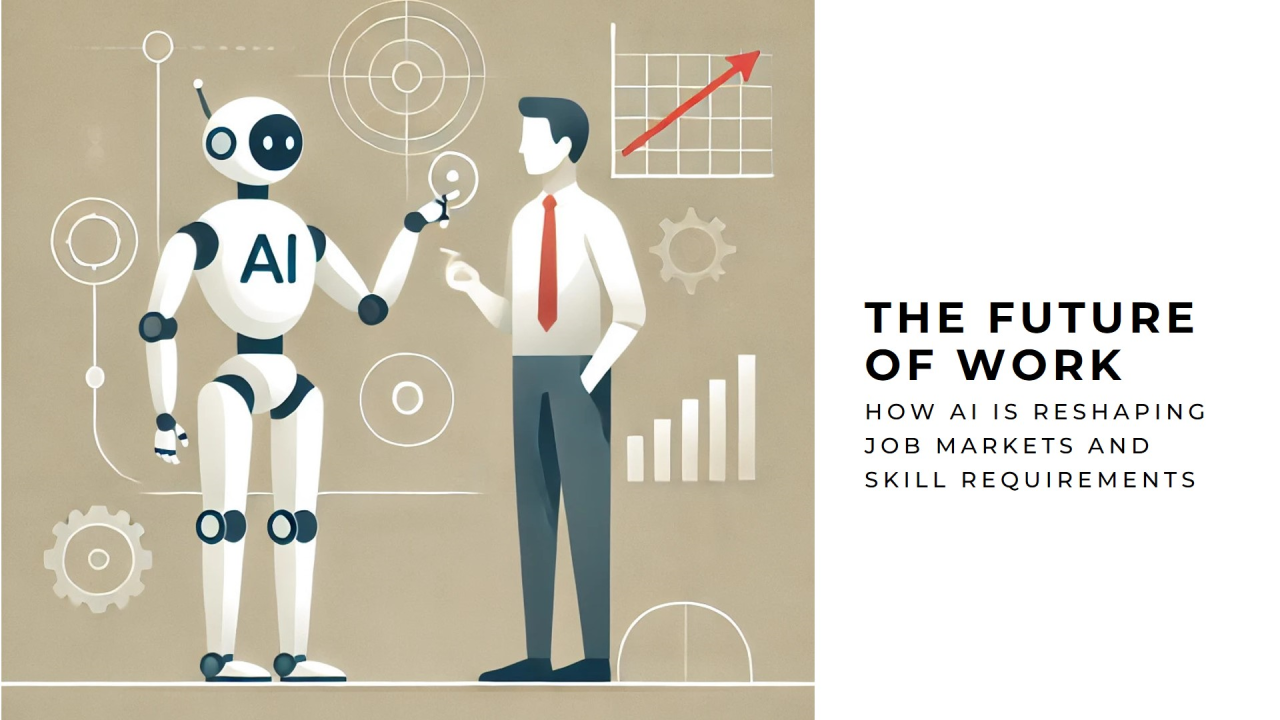
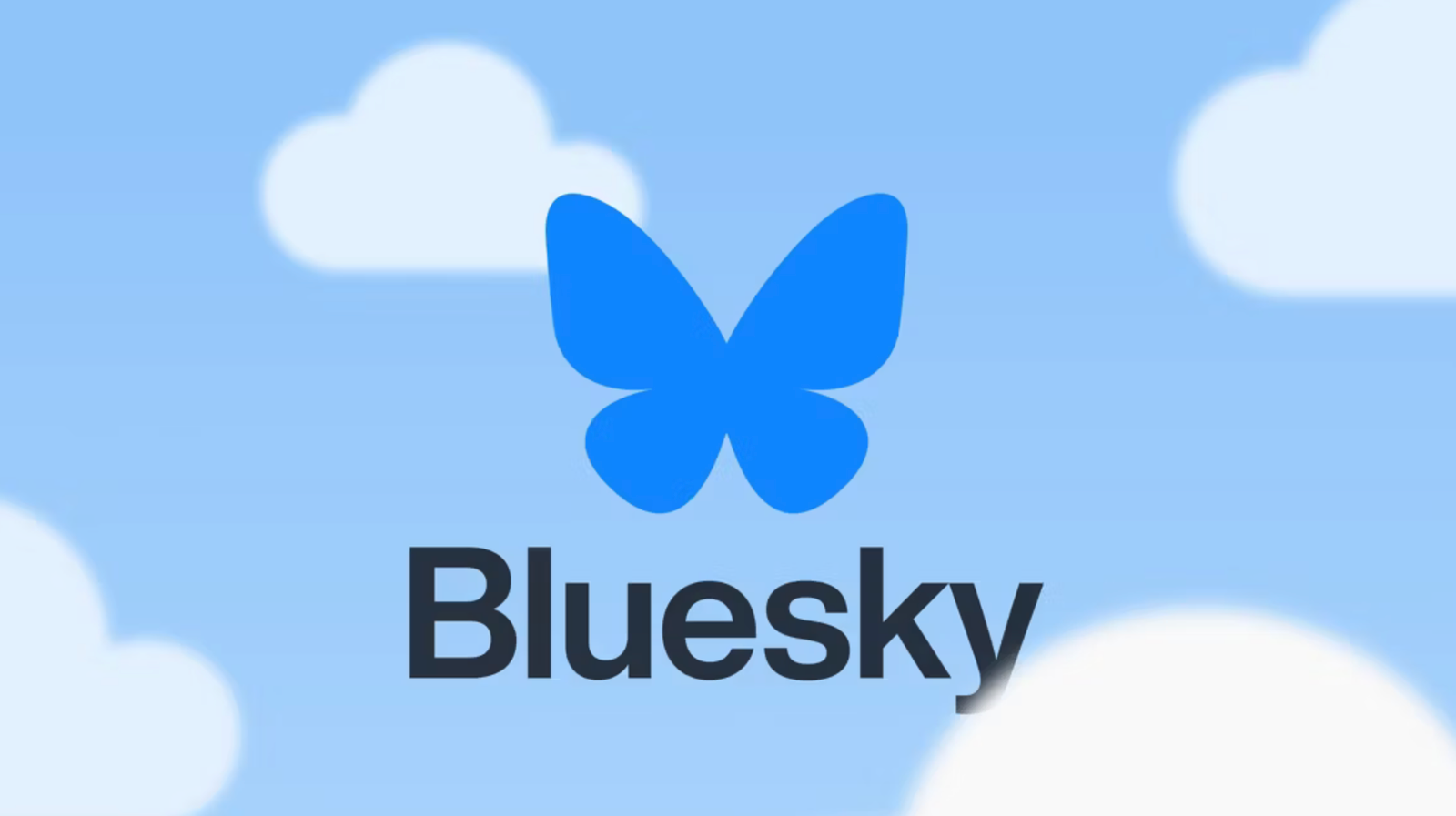







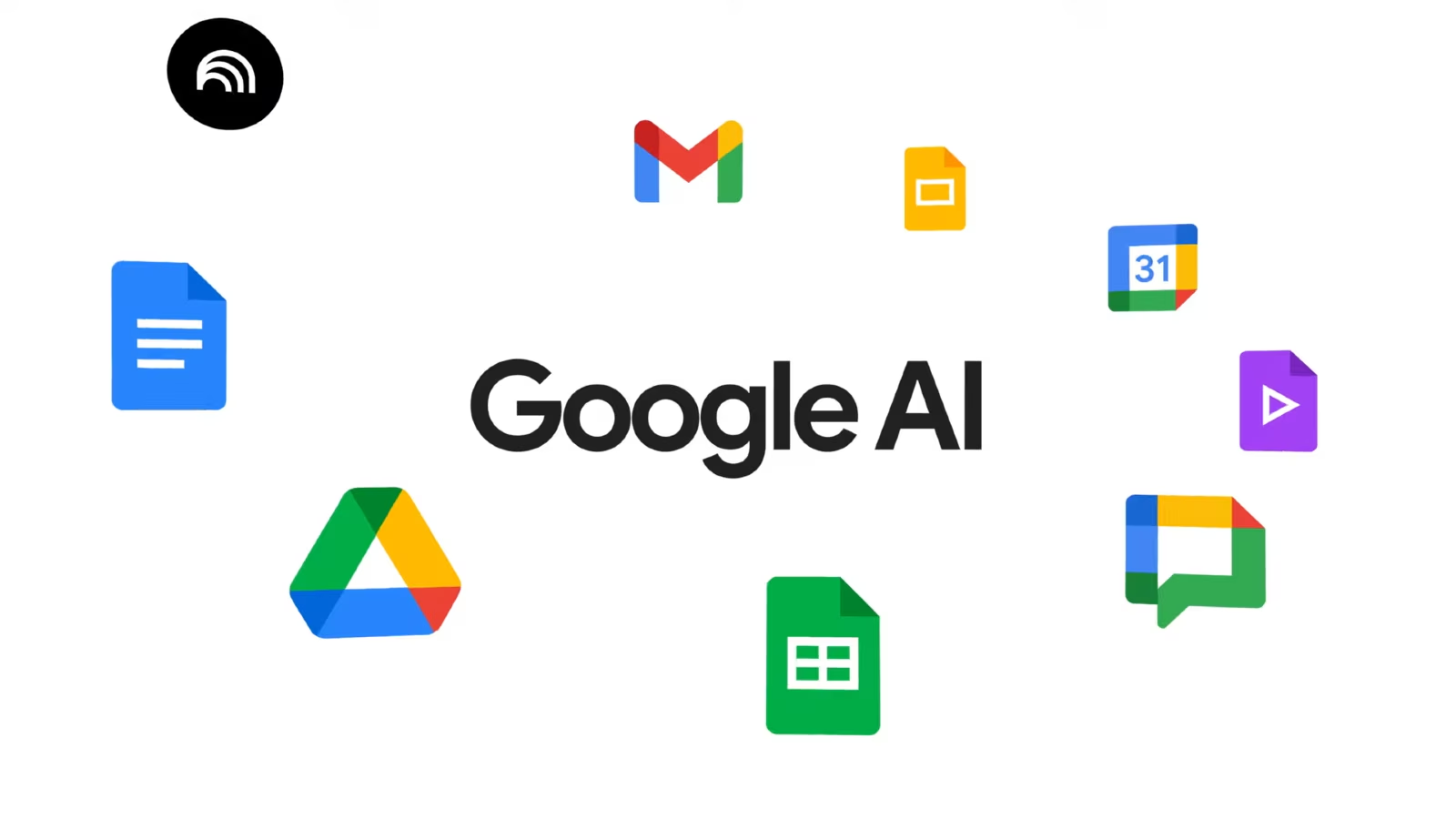


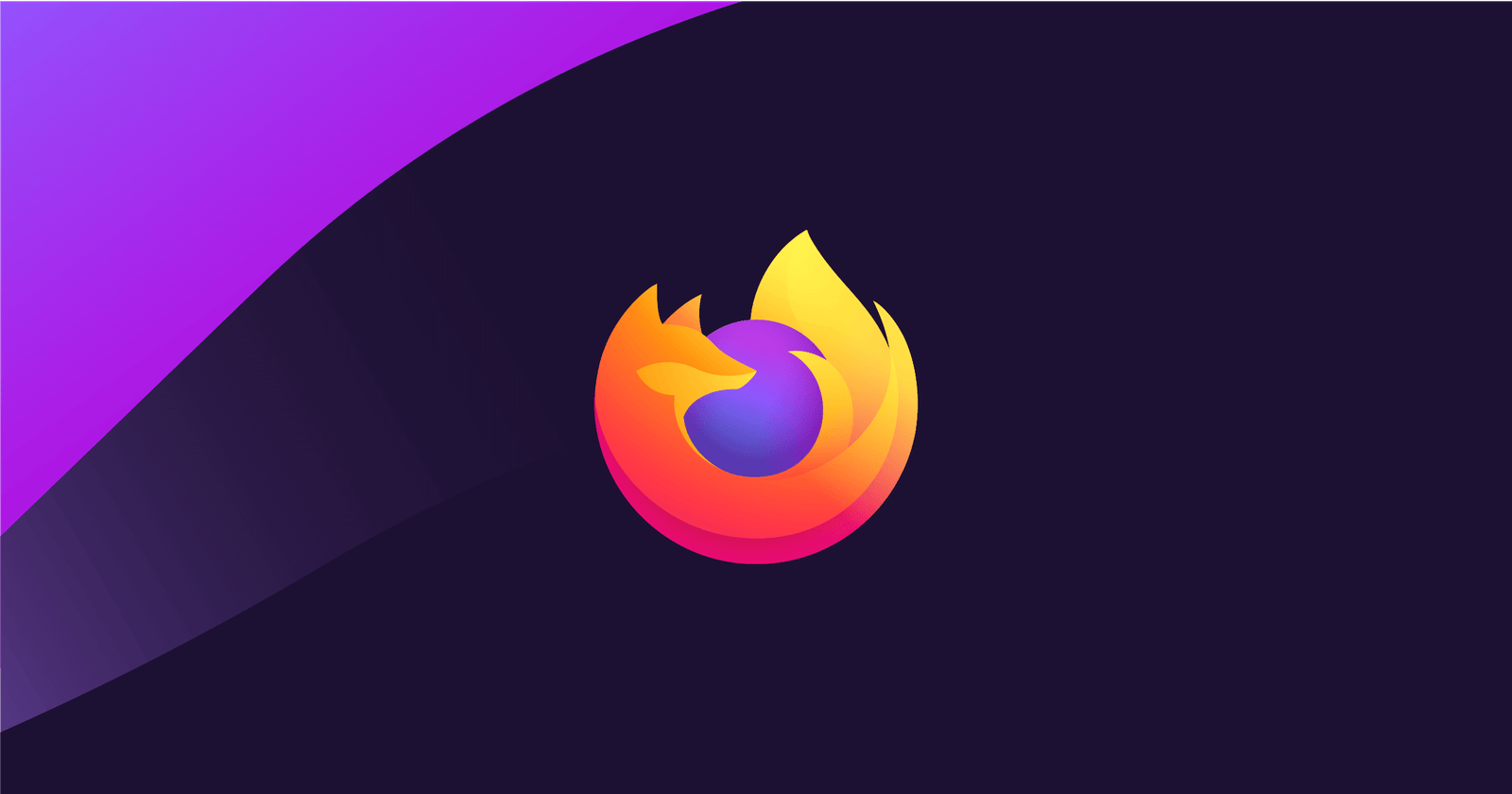

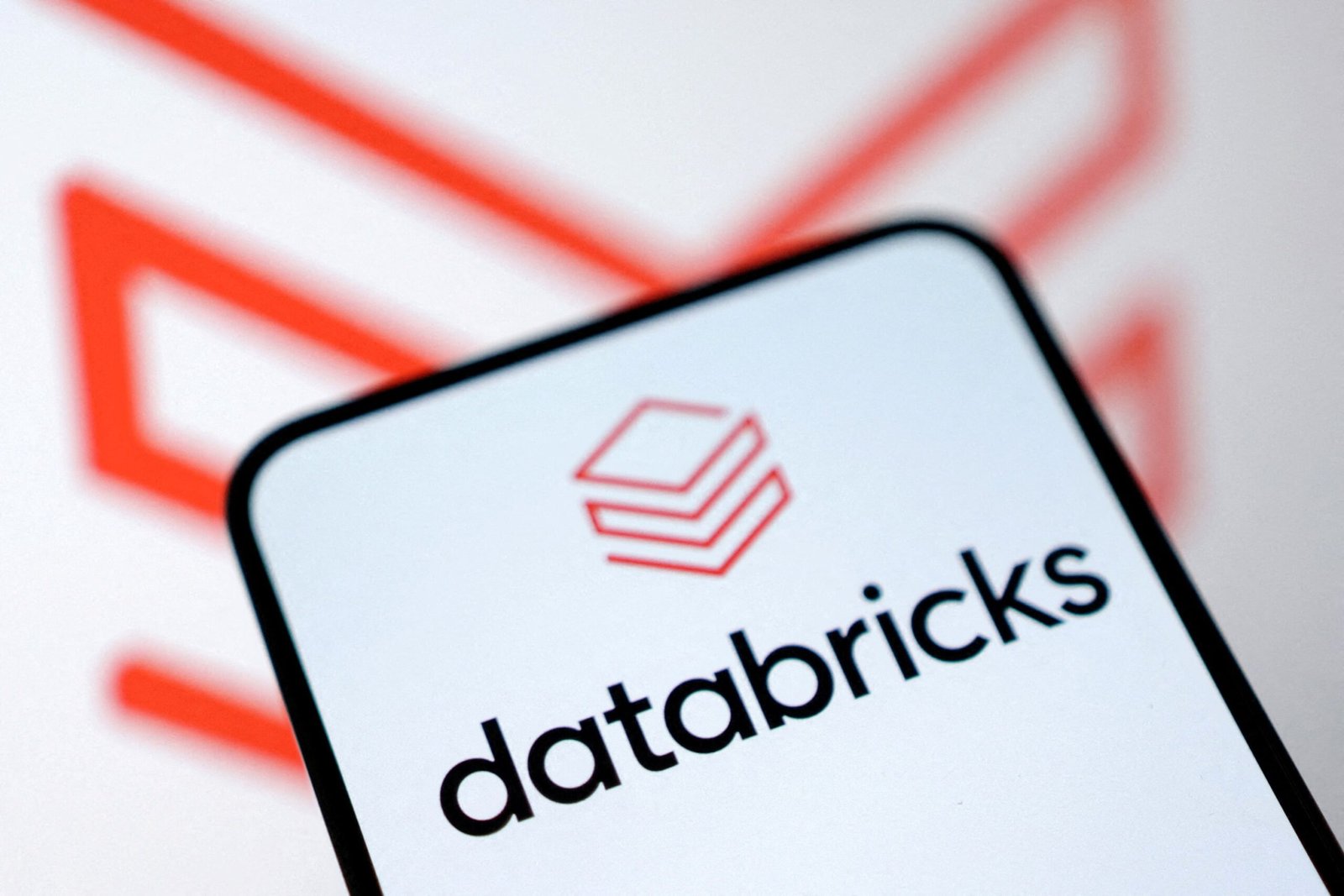
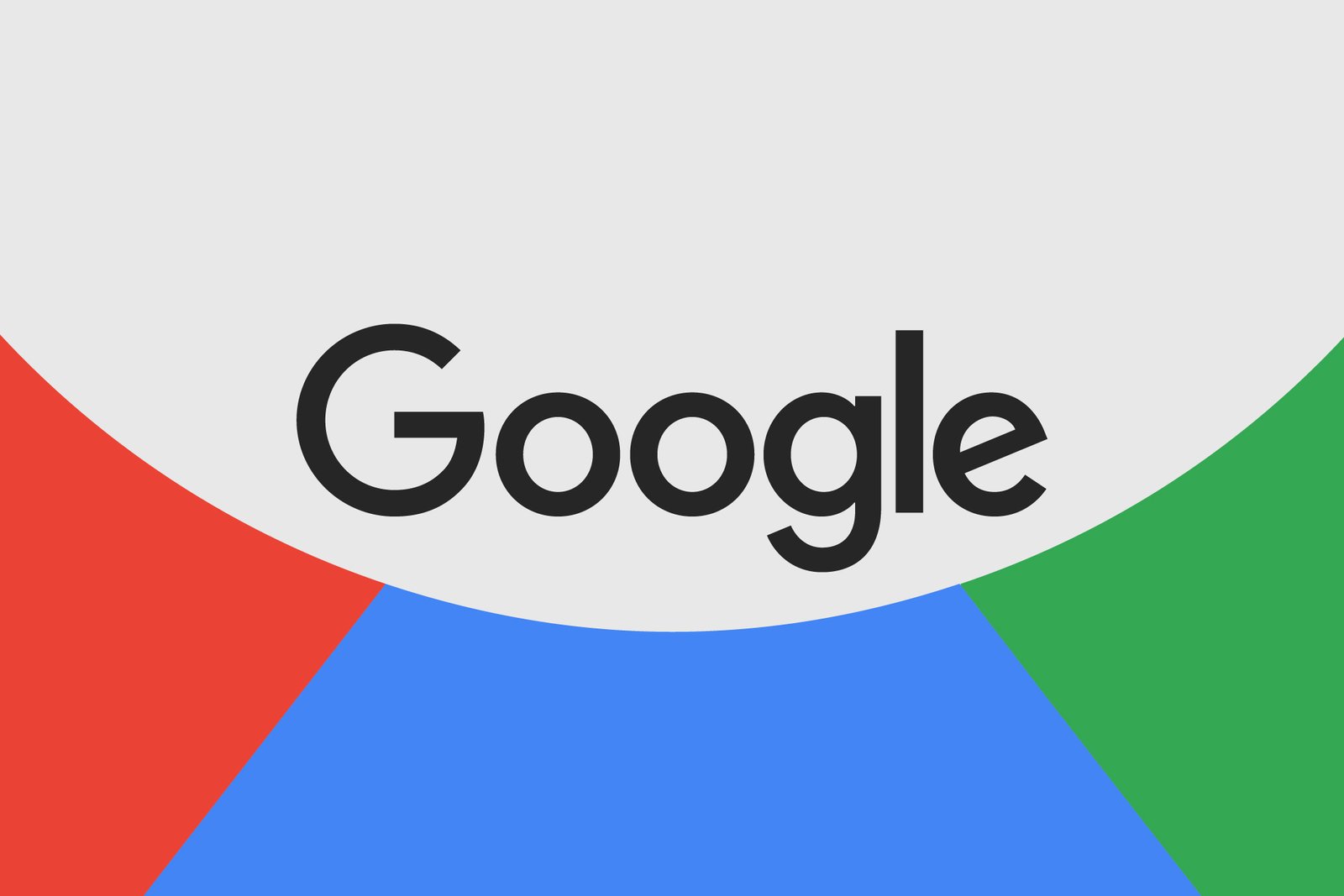

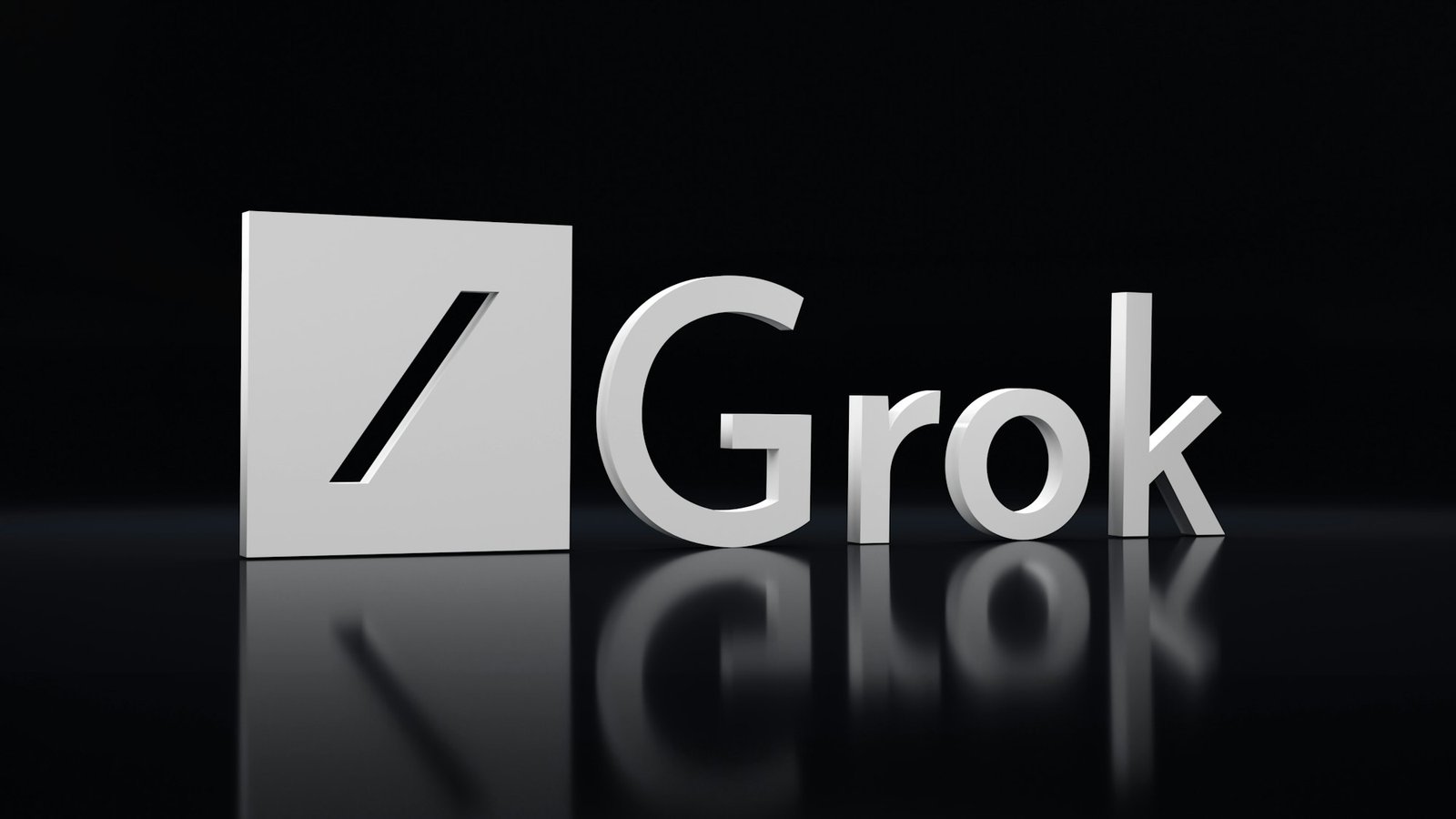




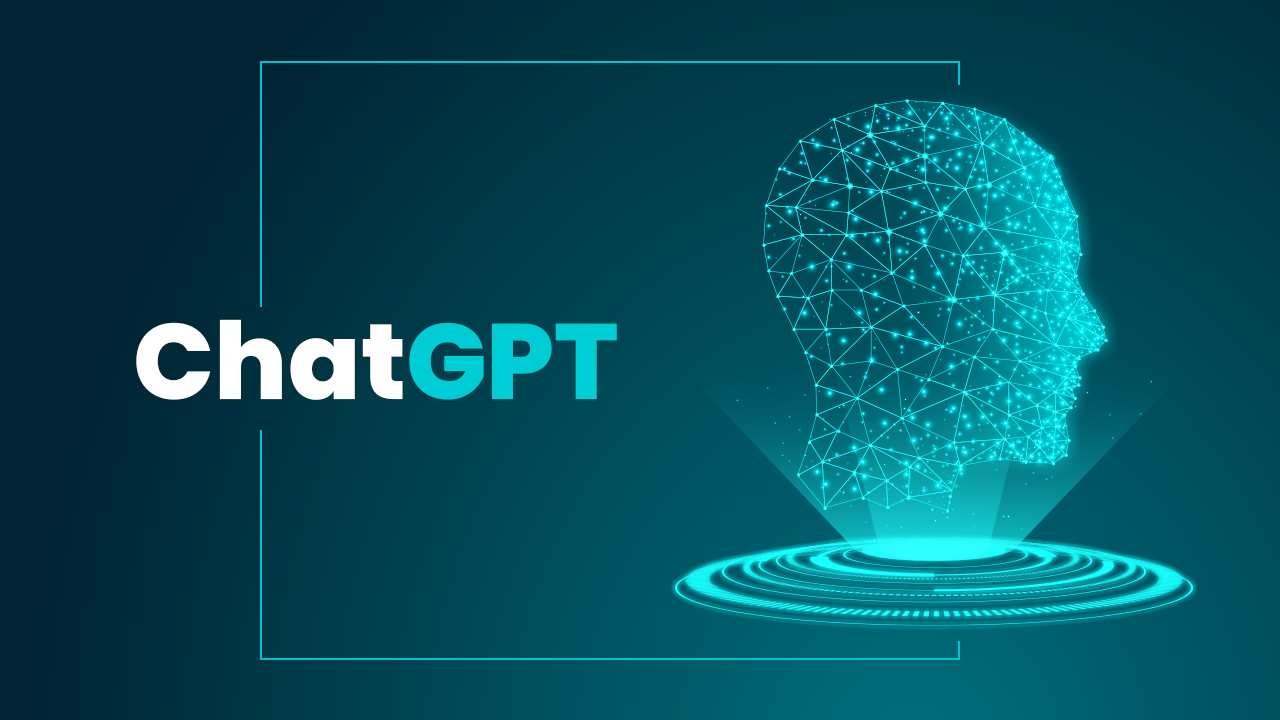



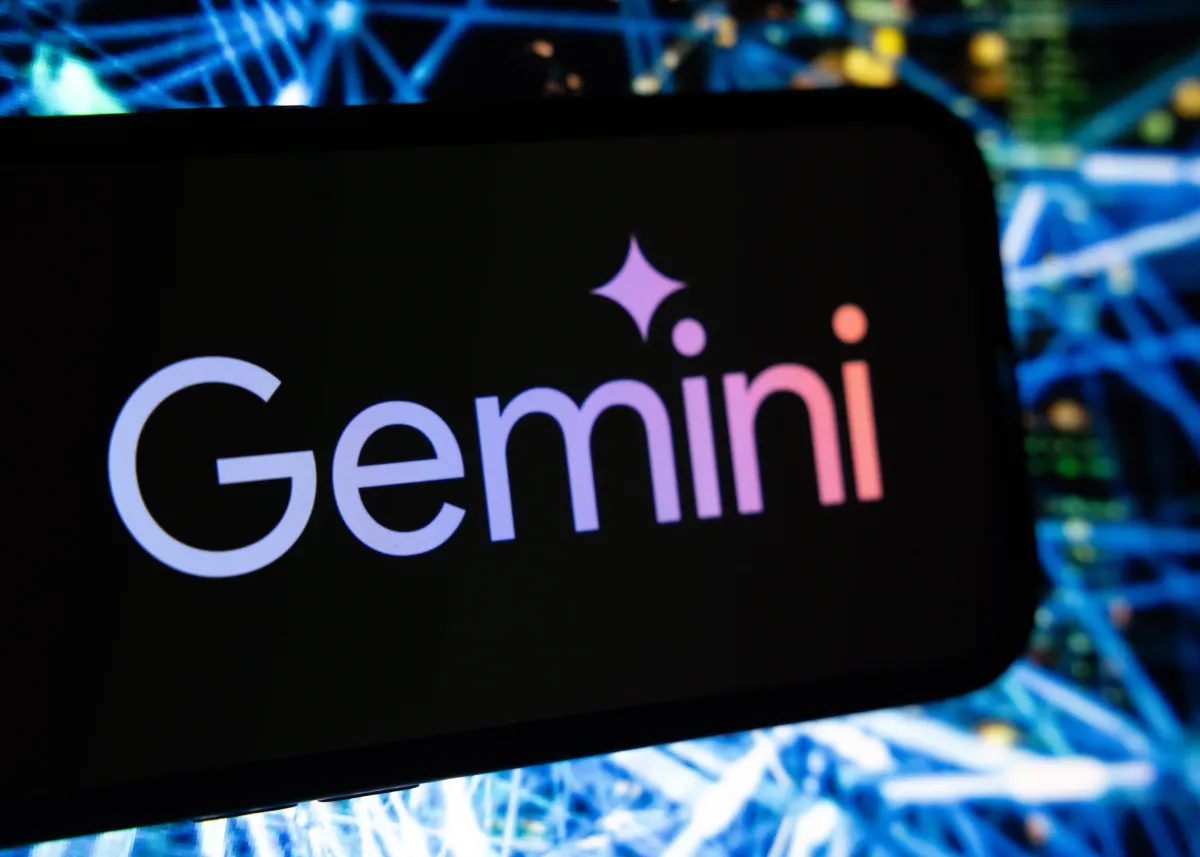

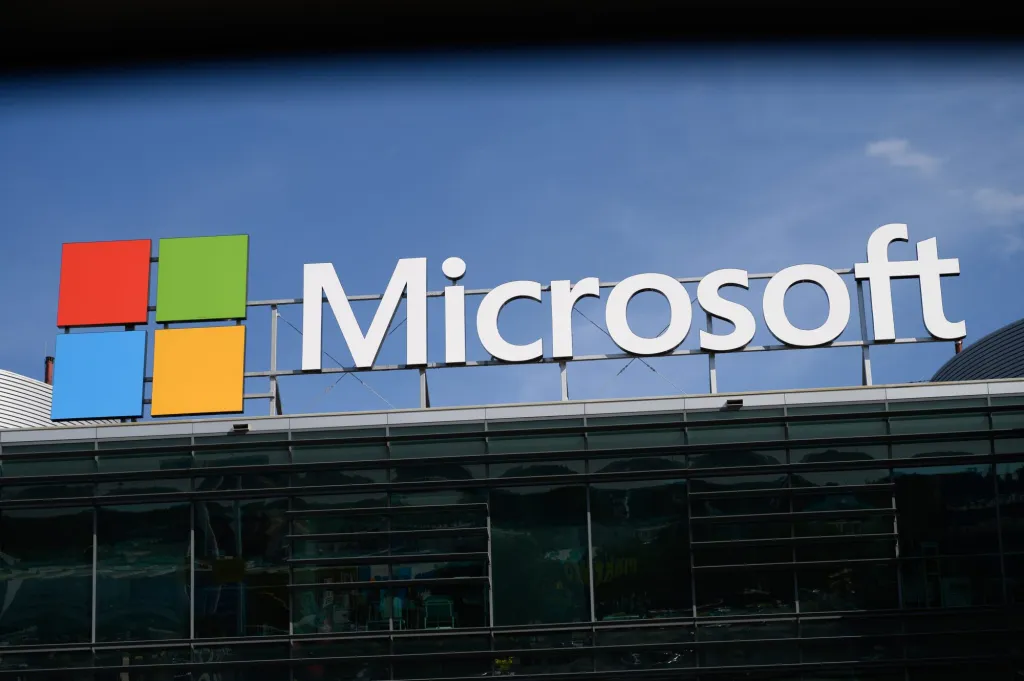

RichardLuche
Dating websites provide a innovative approach to connect people globally, combining intuitive tools like profile galleries and compatibility criteria.
Key elements include video chat options, social media integration, and personalized profiles to streamline connections.
Smart matching systems analyze behavioral patterns to suggest compatible matches, while account verification ensure trustworthiness.
https://materiascritta.com/dating/why-hentai-is-more-than-just-cartoon-porn/
Leading apps offer premium subscriptions with exclusive benefits , such as unlimited swipes , alongside real-time notifications .
Whether seeking long-term relationships, these sites cater to diverse needs , leveraging AI-driven recommendations to foster meaningful bonds.
RichardLuche
Dating websites provide a innovative approach to connect people globally, combining intuitive tools like photo verification and interest-based filters .
Core functionalities include secure messaging , geolocation tracking , and personalized profiles to streamline connections.
Smart matching systems analyze behavioral patterns to suggest compatible matches, while privacy settings ensure safety .
https://rampy.club/dating/the-shift-toward-authentic-adult-content/
Leading apps offer premium subscriptions with exclusive benefits , such as priority in search results, alongside real-time notifications .
Whether seeking casual chats , these sites adapt to user goals, leveraging community-driven networks to foster meaningful bonds.
KevinGet
Нужно найти информацию о пользователе? Наш сервис предоставит детальный отчет мгновенно.
Используйте продвинутые инструменты для поиска цифровых следов в открытых источниках.
Узнайте контактные данные или интересы через автоматизированный скан с гарантией точности .
глаз бога тг бесплатно
Бот работает с соблюдением GDPR, обрабатывая общедоступную информацию.
Закажите расширенный отчет с геолокационными метками и списком связей.
Доверьтесь надежному помощнику для digital-расследований — результаты вас удивят !
Jerryliage
Back then, I believed medicine was straightforward. The system moves you along — nobody asks “what’s really happening?”. It felt official. Then cracks began to show.
Then the strange fog. I blamed my job. And deep down, I knew something was off. I searched forums. The warnings were there — just buried in jargon.
fildena strong 120 mg
That’s when I understood: one dose doesn’t fit all. The reaction isn’t always immediate, but it’s real. Side effects hide. Still we trust too easily.
Now I pay attention. Not because I’m paranoid. I track everything. Not all doctors love that. This is survival, not stubbornness. The lesson that stuck most, it would be keyword.
TtyaBom
Портал предлагает рецепты с расчетом времени на каждый этап. Это помогает точно планировать процесс приготовления, особенно когда готовишь несколько блюд.
Сайт titaya.kherson.ua
ThomasZooxy
Les modèles connectées intègrent des technologies innovantes en fitness .
Dotées de GPS précis et de moniteur cardiaque , elles répondent à tous niveaux.
L’autonomie atteint jusqu’à 14 jours selon le modèle, parfaite pour activités intenses .
montres golf Garmin
Les fonctions santé analysent le sommeil ainsi que les calories, aidant à global .
Intuitives pour personnaliser, elles s’adaptent facilement dans votre vie, avec une interface intuitive .
Choisir Garmin c’est profiter de une technologie éprouvée dans la gestion de vos performances .
ErnestVet
Bilinçli casino oynamak , riskleri azaltır.
Oyun bütçenizi önceden belirlemek , kontrolü tutmaya olanak tanır.
Hesabınızı hariç tutma araçlarını kullanmak, sorunları engellemenize destek olur .
Alevtr Casino
Bahislerin etkilerinin farkında olmak, dengeli katılım sağlar .
Erken aşamada danışmanlık hizmeti danışmak, keyfi çözmeye yardımcı olur .
Bu önlemler, sorumluluk dolu bahis süreci keyfini maksimize eder.